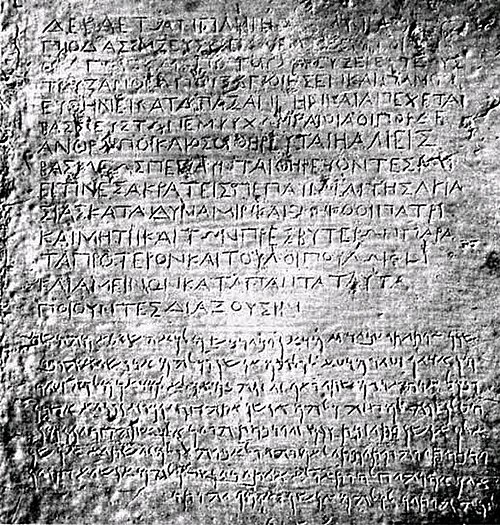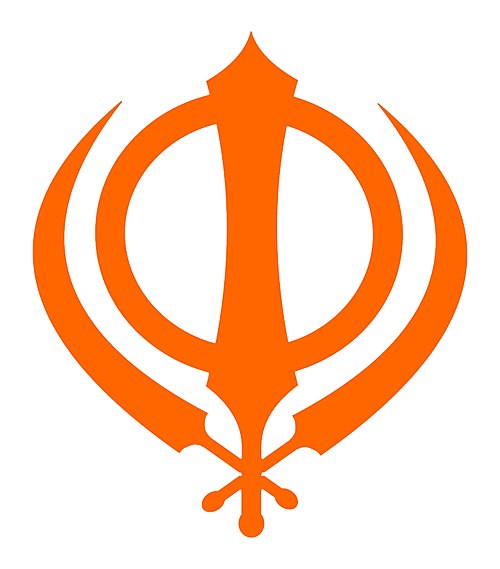Karmanoun
The sum total of a person's actions, which determine the person's next incarnation in samsara, the cycle of death and rebirth.
Karmanoun
A force or law of nature which causes one to reap what one sows; destiny; fate.
Karmanoun
(uncommon) A distinctive feeling, aura, or atmosphere.
Karmanoun
(internet) A score assigned to a user of a discussion forum, indicating the popularity of their posts with other users.
Karmanoun
One's acts considered as fixing one's lot in the future existence.
Karmanoun
The doctrine of fate as the inflexible result of cause and effect, especially the principle by which a person is rewarded or punished in a subsequent incarnation for deeds in the previous incarnation; the theory of inevitable consequence.
Karmanoun
One's destiny; fate.
Karmanoun
The supposed non-physical emanations that a person gives off, which may affect other people; vibrations.
Karmanoun
(Hinduism and Buddhism) the effects of a person's actions that determine his destiny in his next incarnation
Karmanoun
(in Hinduism and Buddhism) the sum of a person's actions in this and previous states of existence, viewed as deciding their fate in future existences.
Karmanoun
good or bad luck, viewed as resulting from one's actions.
Karma
Karma (; Sanskrit: कर्म, IPA: [ˈkɐɽmɐ] (listen); Pali: kamma) means action, work, or deed. The term also refers to the spiritual principle of cause and effect, often descriptively called the principle of karma, wherein intent and actions of an individual (cause) influence the future of that individual (effect): good intent and good deeds contribute to good karma and happier rebirths, while bad intent and bad deeds contribute to bad karma and bad rebirths.The philosophy of karma is closely associated with the idea of rebirth in many schools of Indian religions (particularly Hinduism, Buddhism, Jainism and Sikhism), as well as Taoism.
Dharmanoun
The natural order of the universe; natural law, cosmic order.
Dharmanoun
(Hinduism) One's obligation in respect to one's position in society, one's duty.
Dharmanoun
(Buddhism) The teachings of the Buddha as one's personal path to enlightenment.
Dharmanoun
(Buddhism) The teachings of the Buddha as a practice to be promulgated and taught.
Dharma
the basic principles of the cosmos; also: an ancient sage in Hindu mythology worshipped as a god by some lower castes;.
Dharmanoun
basic principles of the cosmos; also: an ancient sage in Hindu mythology worshipped as a god by some lower castes;
Dharmanoun
(in Indian religion) the eternal and inherent nature of reality, regarded in Hinduism as a cosmic law underlying right behaviour and social order.
Dharmanoun
(in Buddhism) the nature of reality regarded as a universal truth taught by the Buddha; the teaching of Buddhism.
Dharmanoun
an aspect of truth or reality
Dharma
Dharma (; Sanskrit: धर्म, romanized: dharma, pronounced [dʱɐrmɐ] (listen) (Pali: dhamma) (Tamil: aṟam)) is a key concept with multiple meanings in Indian religions, such as Hinduism, Buddhism, Jainism, Sikhism and others. There is no direct single-word translation for dharma in Western languages, however, the Christian and Platonist concept of is close to the Hindu interpretation of dharma, and the Christian or Stoic is close to the Buddhist interpretation.













